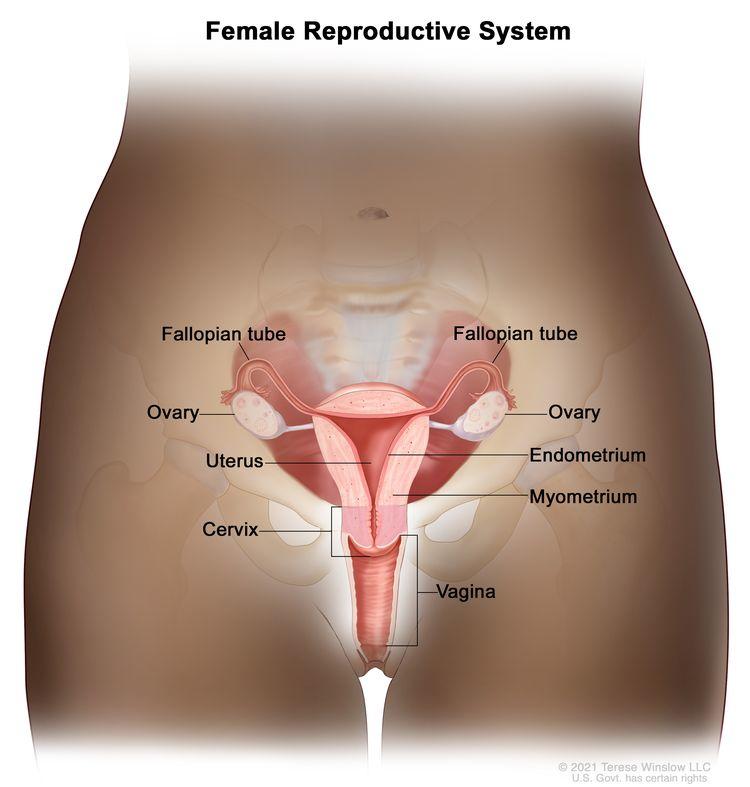Overview
A population-based case-control study of ovarian and endometrial cancer conducted among female residents of Warsaw and Lodz, Poland, between 2001 and 2003.
Study Team
Nicolas Wentzensen, M.D., Ph.D., M.P.H., principal investigator, senior investigator and Deputy Director, Clinical Genetics Branch, and Head, Clinical Epidemiology Unit
Study Design
Investigators identified all women with histologically-confirmed ovarian and endometrial carcinoma through a rapid ascertainment system in participating hospitals and cancer registries. Cancer-free women were randomly selected from complete population lists and were frequency matched to cases on age and study site. A total of 347 women with invasive ovarian cancer and 555 women with endometrial cancer were enrolled. A personal interview and blood/mouthwash sample was collected, as well as blood, urine, and paraffin-embedded tumor tissue.
Researchers constructed tissue microarrays including tumor samples from approximately 200 ovarian cancer cases and 300 endometrial cancer cases for immunohistochemical analyses. Nucleic acids were extracted from tissue cores to create a resource for DNA-based studies.
Investigators are conducting the following:
- Analyses of questionnaire-based factors and anthropometric/physical activity measurements in relation to cancer risk and clinical outcomes;
- Identification of genetic susceptibility markers of cancer risk and clinical outcomes using candidate gene and genome-wide association (GWAS) approaches;
- Analyses of tissue/tumor markers to evaluate relationships with cancer risk factors (known or suspected), and their impact on predicting recurrence and survival after diagnosis;
- Analyses of biomarkers in DNA (somatic changes), cryopreserved blood cells, serum/plasma, and urine in relationship to cancer risk and clinical outcomes.
Current projects include methylation profiling, tumor gene sequencing, microsatellite instability analysis, and immunohistochemistry to study the etiologic heterogeneity of endometrial and ovarian cancers.
Study Findings & Select Publications
Wentzensen N, et al. Discovery and validation of methylation markers for endometrial cancer. Int J Cancer 2014.
De Vivo I, et al. Genome-wide association study of endometrial cancer in E2C2. Hum Genet 2014.
Sieh W, et al. Hormone-receptor expression and ovarian cancer survival: an Ovarian Tumor Tissue Analysis consortium study. Lancet Oncol 2013.
Setiawan VW, et al. Type I and II endometrial cancers: have they different risk factors? J Clin Oncol 2013.
Pharoah PD, et al. GWAS meta-analysis and replication identifies three new susceptibility loci for ovarian cancer. Nat Genet 2013.
Pearce CL, et al. Combined and interactive effects of environmental and GWAS-identified risk factors in ovarian cancer. Cancer Epidemiol Biomarkers Prev 2013.
Felix AS, et al. The etiology of uterine sarcomas: a pooled analysis of the epidemiology of endometrial cancer consortium. Br J Cancer 2013.
Goode EL, et al. A genome-wide association study identifies susceptibility loci for ovarian cancer at 2q31 and 8q24. Nat Genet 2010.
